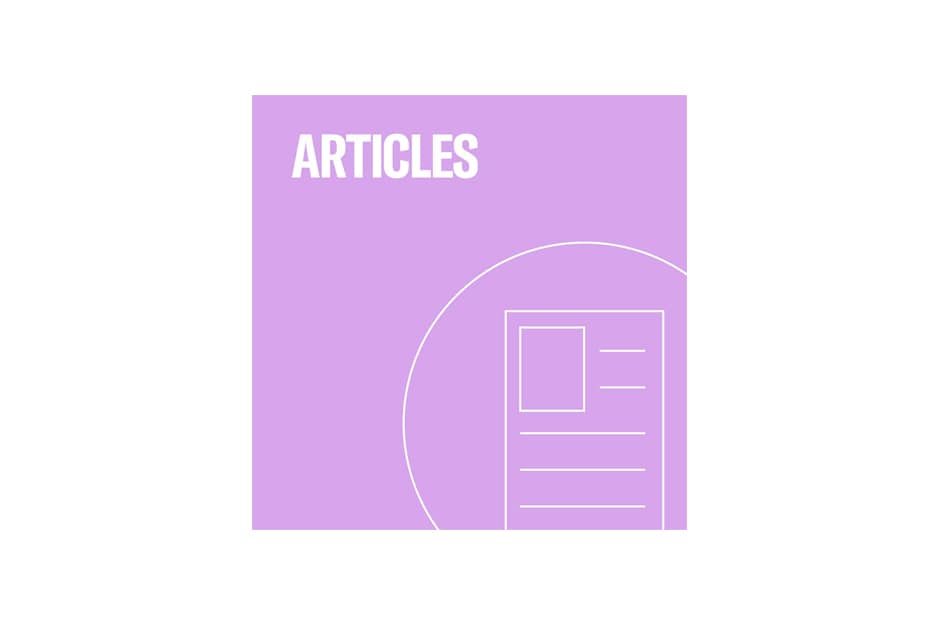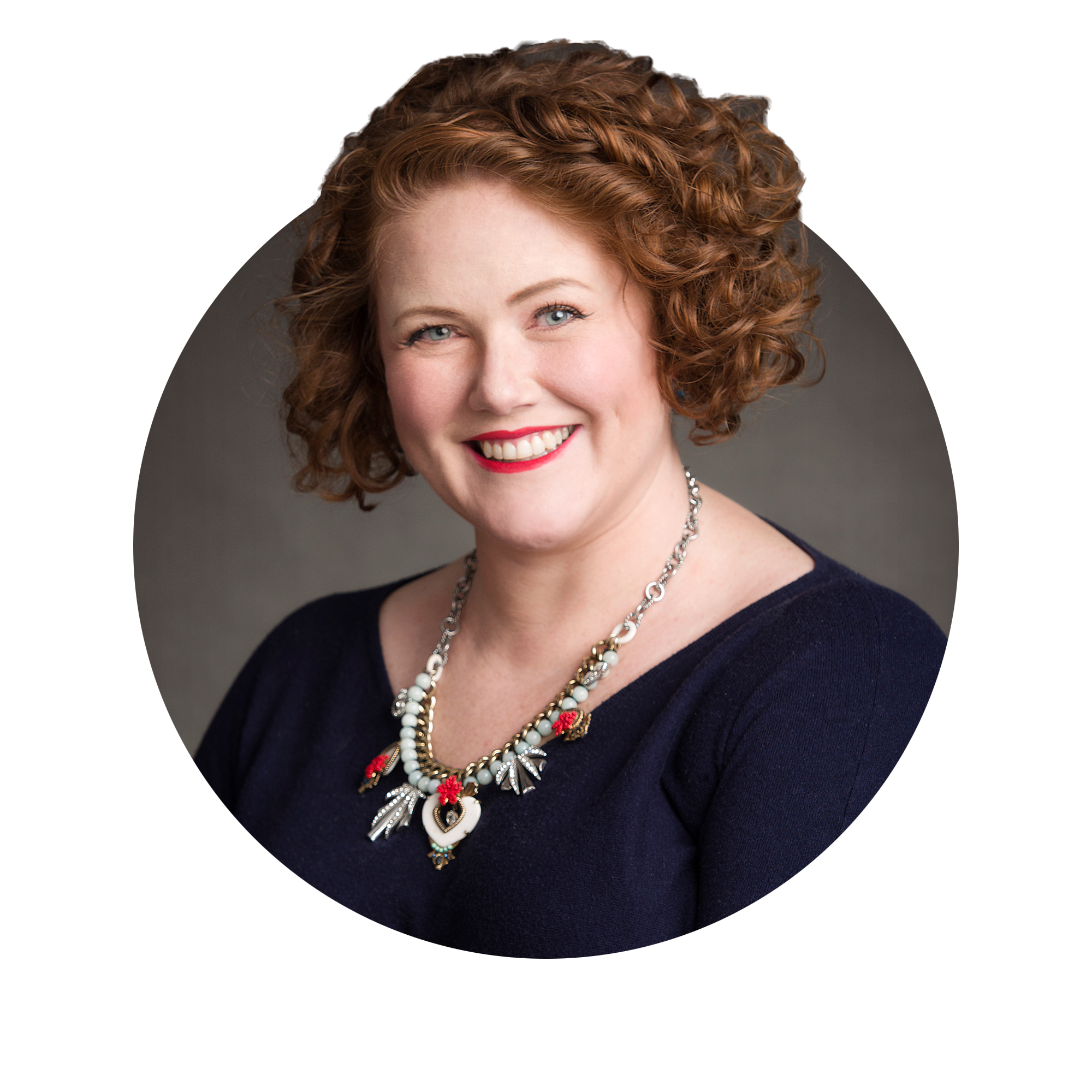PLANNING OTHER FIRSTS
Creating a flexible plan for the first lesson of a young beginner is a great foundation for any teacher to have. But what about all of those other students who don’t fit the “young beginner” mold?
The majority of new students we see might be young beginners, but we also see transfer students, teen beginners and adult beginners. Each of these groups has different needs, aims and goals.
Here is your quick guide to considerations for each of these types of new students and adapting your First Lesson Plan for different types of firsts!
The Teen Beginner
- Asking questions in advance about musical tastes and hobbies can be very helpful when you are planning what to teach them in the first lesson.
- Tailor one of the tangible teaching activities to something relevant to them.
- In the first lesson with a teen, part of building rapport is really understanding what they are looking to get out of their lessons. Often they have been involved in the decision to start lessons, and asking them about that and clearly relating what they are learning back to their goals can be a great motivator.
- Adapt your lesson activities to suit a teen learner. You might be able to move faster through the exploring stage and give them more material to practice at home.
- Never underestimate the power of stickers with this age group! They still love them.
The Adult Beginner
- Adult beginners are doing this for themselves. Right from the beginning stages of enquiry, adapt your pre-lesson questions to be suitable for them.
- They have sought out lessons and are paying for them too. They understand the value of their time with you. Ask about why they would like to learn and if there’s anything they would particularly like to be able to play, ask them about the music they enjoy listening to and any musical experiences they had in their childhood. Often adults have learnt a bit of something in their childhood and underestimate how much information is actually retained.
- Adult students can be very hard on themselves. They have very high expectations and can get frustrated when they are not quickly good at something. Early conversations around the process of learning new and complex tasks can help them to be kinder to themselves and more resilient when it does in fact take longer to master something than they anticipate.
- Quick wins- giving new adult students something they can master quickly (and perhaps know the sound of already) goes a long way to keeping their motivation high. For instruments like Guitar and piano, exploring lead sheets from the beginning has been successful in my studio.
The Transfer Student
- In your pre-lesson questions, you might like to ask about what they have been playing recently and then familiarise yourself with that material.
- In the first lesson you might like to swap out exploring their instrument for exploring repertoire they are already playing. You could ask to hear something they are already playing. Not so you can critique it, their first time playing for a new teacher is unlikely going to be their best performance, but so you can start to get a feel for how they play and where you might go from there.
- Ask them about what they enjoyed playing with their last teacher? Did they do performances? What kind of practice do they do between lessons?
- Continuing on with resources they already have can be a useful way to ease the transition to a new teacher. If you are familiar with the resource, you could also plan to start them on a new piece as the tangible take away.
- Building rapport is very important for a transfer student. Each will come to you for different reasons, and taking the time to listen and understand their (and perhaps their parents’) goals is key to success.
At the end of the day, you are teaching an individual, and creating a plan for the first lesson uses the information you have gathered in advance and the resources you have available. No matter the student that enters the teaching room, always keep in mind your main goals are to build rapport, teach something tangible for them to practice, and start a conversation about practising at home.

Looking for More Resources?
The Off to a Great Start site has lots of articles that cover all aspects of music education.
Carly McDonald

Carly McDonald is an Australian piano pedagogue, consultant, writer and presenter. She loves to connect teachers with creative ideas and strong business acumen. As well as being the Yamaha Music Australia Piano Education Consultant, Carly is the author of Creative.Piano.Professional, Editor of The Piano Teacher for Hal Leonard Australia, Australian Ambassador for the Piano Adventures series by Randall and Nancy Faber and co-editor of the ‘I Want To Play That’ piano series. She is passionate about fostering a connected teaching community and helping students to develop strong musical foundations and pathways for self-expression.

